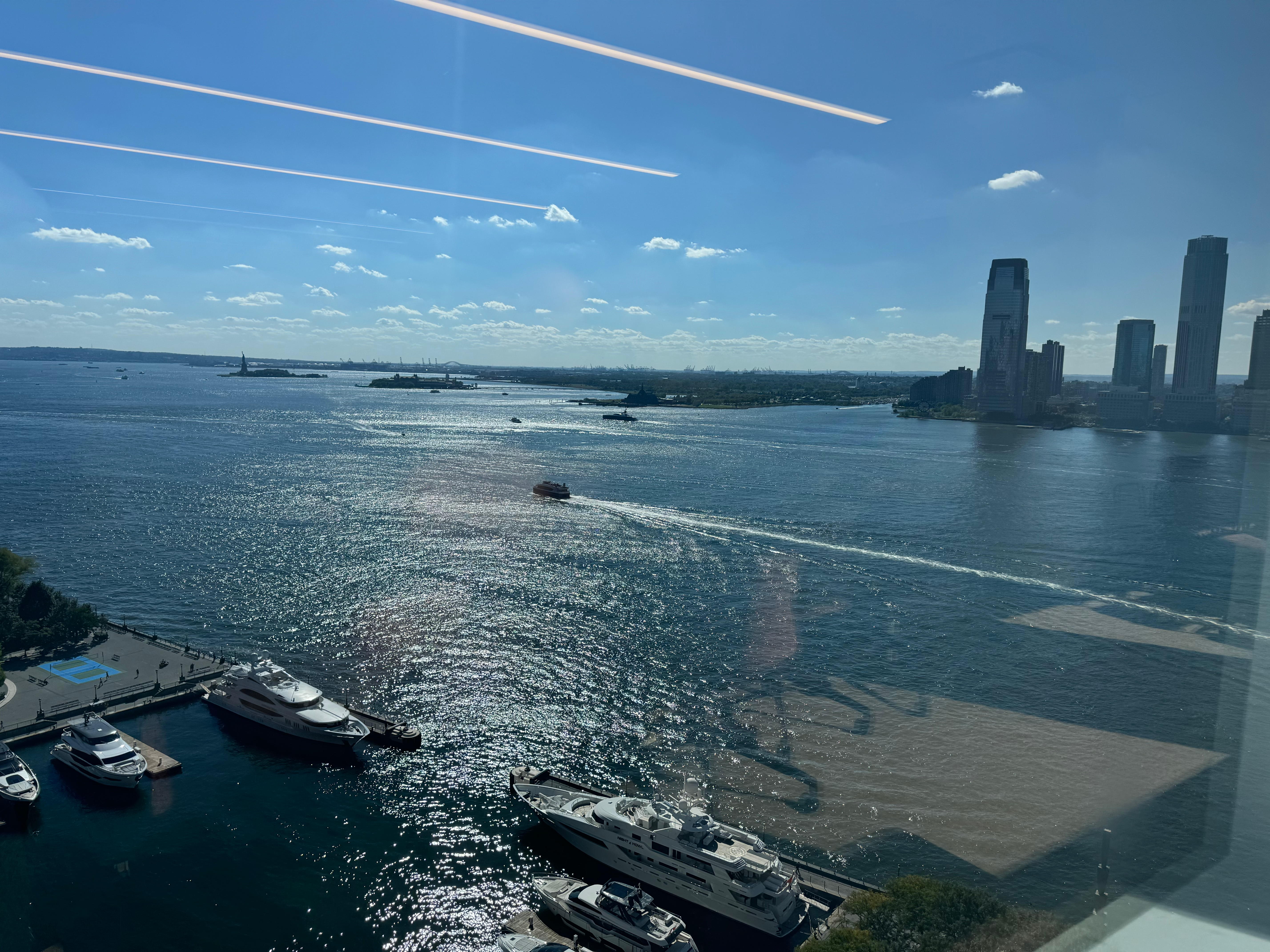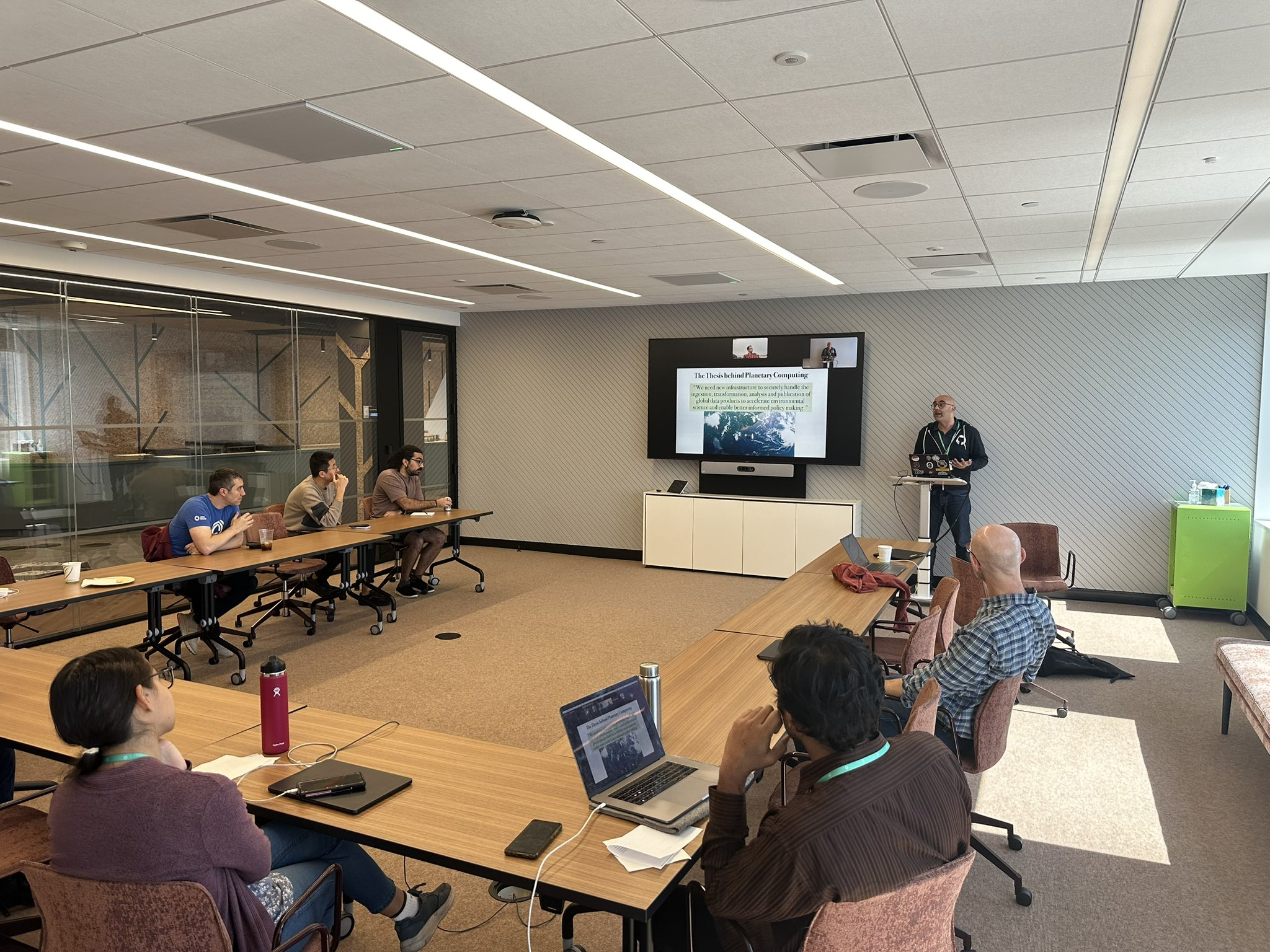I was on the program committee for HotNets 2024 this year, which was a thoroughly enjoyable experience. The list of accepted papers is now out, and it's a diverse program -- with my personal favourites being the ones on space communications networks using low earth orbit satellites.
Well done to Behnaz Arzani and Nate Foster for really excellent general chairing and ensuring the PC maintained a constructive, positive tone while doing the difficult job of selecting papers from a crowded set of submissions. The structure of of the program committee was also somewhat novel, and one I'd like to replicate in other conferences I organise in the future.

- Two Review Rounds. There were two rounds of reviewing, with any clear decisions from the first set of reviewers resulting in an early rejection decision. Remaining papers went through to round 2, where they got a further set of reviews.
- HotCRP Discussions. The PC strove to discuss the papers on HotCRP before the in-person PC meeting, coming to consensus on a number of them. Only a small subset of the full papers had to be discussed in the live meeting. HotCRP has superb support to facilitate this sort of interaction, in a way that alternatives like EasyChair simply don't. I'm much more likely to agree to future program committees if they use HotCRP.
- Hybrid Meeting with Pods. For the live meeting, the chairs organised "pods" at Microsoft in Seattle (with Behnaz) and at Jane Street in New York (with Nate). I was hoping to host a pod in Cambridge as well, but I ended up having to travel to New York for some meetings on biodiversity and so went along to the Jane Street pod. This was wonderful -- we got to minimise travel, and yet have good synchronous discussions, with excellent A/V links between the pods. Other PC members got to Zoom in as usual if they couldn't make it to a pod, but there was enough critical mass to make it a more social occasion for those who did attend one.
- Post PC Workshop. There was an excellent workshop of talks held afterwards, where I spoke on planetary computing, and I got to hear the legendary Brian Nigito talk about their low latency TCP/IP stack called NetKit that's written in OCaml. Now, I've written an OCaml TCP/IP stack or two in my time, but what makes theirs really exciting is that it takes advantage of the experimental modal types in their "oxidised" OCaml branch be as performance as a non-garbage-collected stack. I sadly had to run for my flight back home half-way through the workshop, but it was lovely to reconnect with the networking community again after being deep into environmental science for the past few years.

I'm noting down the HotNets as a potentially really good way to run the next Programming for the Planet, which is due in 2025. More news on that soon! In the meanwhile, get your papers into LOCO 2024 which is due in a couple of days...
